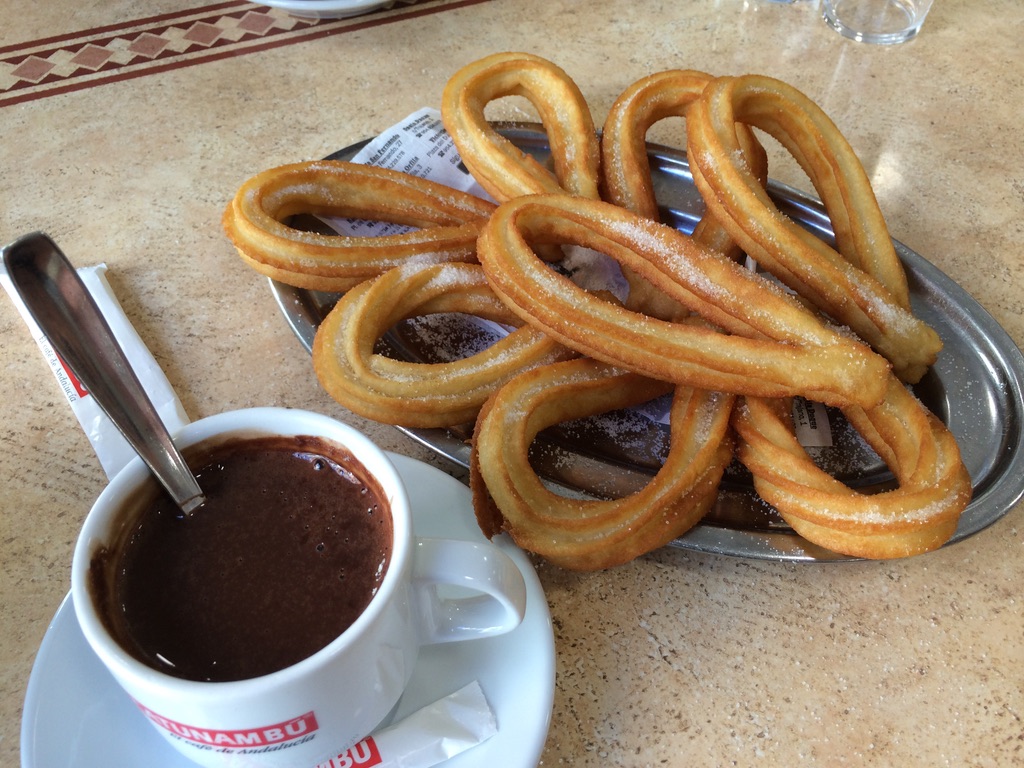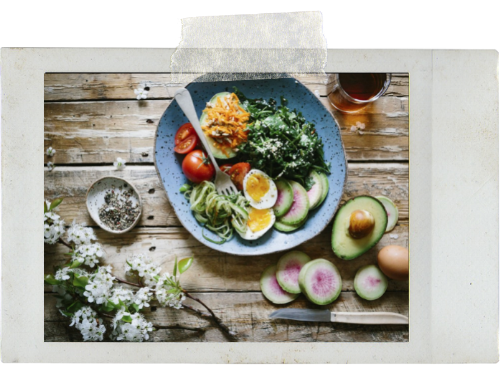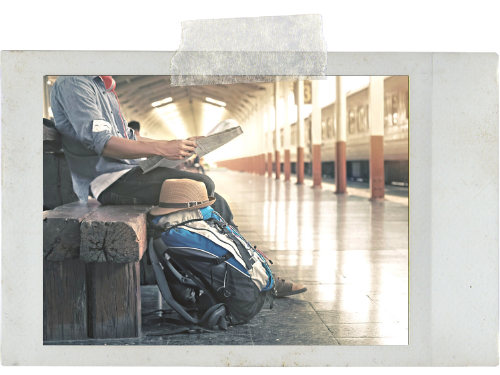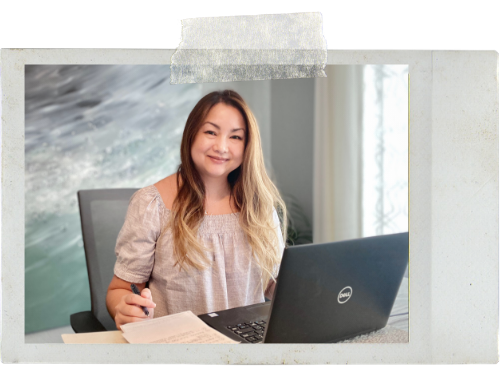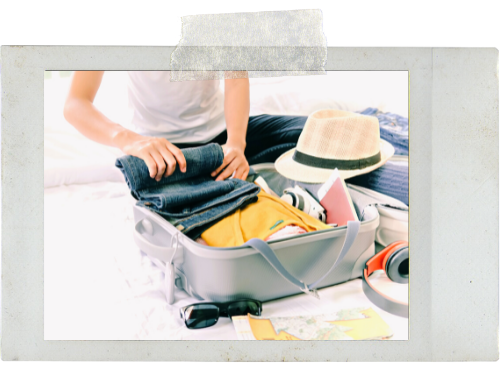Traveling makes us happier, less stressed, and more creative. As a soul-enriching experience, traveling has become the best way to work on personal growth or relax and have fun. In order to make the most of our trip, whether local or international, we plan!
You book a room and flight, decide locations to see, find good restaurants, and more. But, what about your health? Staying healthy while traveling is crucial, for many reasons so here is a roundup of tips collected through the years…
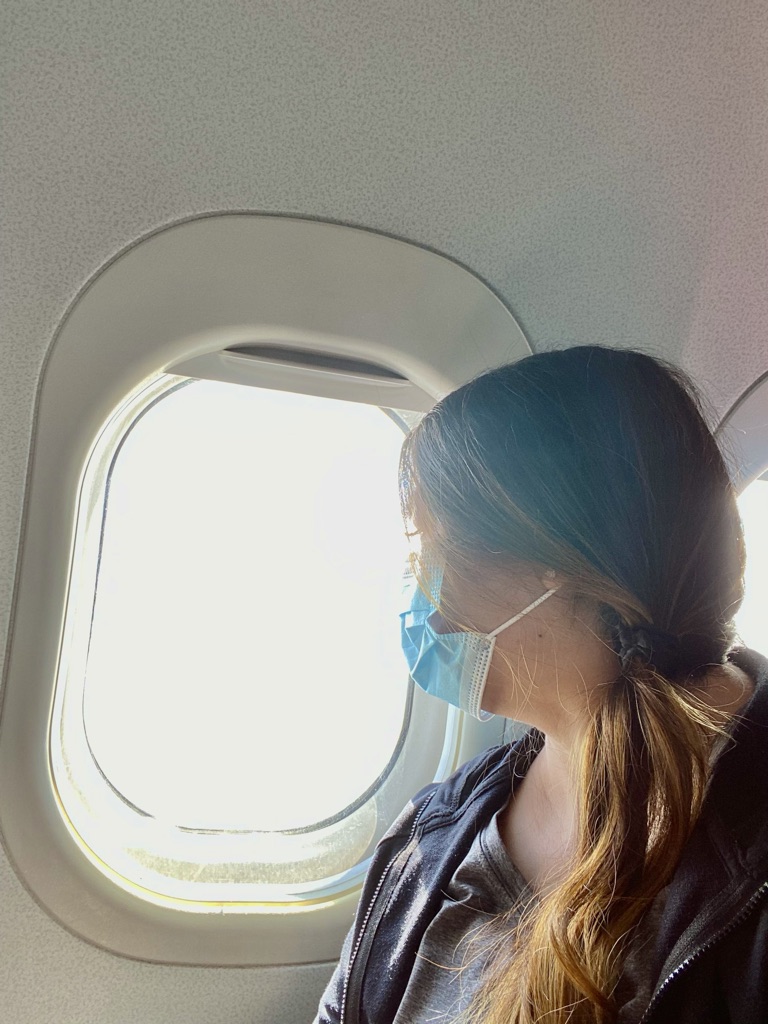
✈️ Staying healthy on a plane
Most germs and viruses don’t spread that easily on flights. Air on planes is clean and highly filtered. While you are less likely to get sick on your flight, you should still pay attention to your health. This is particularly important in the time of the COVID-19 pandemic, where proximity to someone with the virus is the issue. Here is what you can do to stay healthy while flying.
Choose the window seat
Chances are high you’re going to end up sitting next to someone on a plane. Sometimes flights are packed, so you can’t really have the “luxury” of sitting alone without anyone else next to you. One of the best ways to stay healthy on a plane is to book the seat next to the window.
A study that observed the behavior of more than 1500 passengers found window seats, despite a few disadvantages, offer the best “protection” against getting sick on the plane. Window seats offer a distracting view of clouds and earth or ocean below, but you can’t get up and move without asking fellow passengers next to you to scoot over. This disadvantage is, actually, protecting you against getting sick.
About 80% of people sitting on the aisle, 62% of passengers in middle seats, and 43% of persons next to windows moved at least once during the flight. The lack of movement during the flight reduces contact with other persons (including flight attendants) and exposure to germs.
Even pre-pandemic, it was good practice to wipe down your tray table, seat belt buckle, screens, and armrests. Don’t forget to disinfect the window area and wall where many may touch or rest their head to a nap.
Pack properly
Make plans before the flight and list all the times you need to take on board. That way, you won’t forget anything. Things you need to pack in your carry on, besides passport, medications and other essential items, include:
- Face masks (required by all airlines)
- Hand sanitizer with at least 60% alcohol
- Disinfectant wipes for surfaces
- Nasal sanitizer antiseptic (TSA-compliant)
Keep all these items handy and use them during your flight.
Wash your hands
The best way to avoid getting sick on a plane (and in general) is to wash your hands regularly. Travelers should wash their hands before and after touching the mask, eyes, nose, or mouth, and items or surfaces frequently touched by other passengers. Wash your hands before you get on the plane and right after your flight. During the flight, you can use hand sanitizer or antibacterial wipes if you don’t want to move and get in contact with other people.
Clean objects and surfaces
Use disinfectant wipes or sprays to clean your seat on the terminal. Do the same on the plane as well. You should disinfect your seat, tray table, belt buckle, and other surfaces that you will come in contact with. Cleaning these surfaces will allow you to reduce exposure to germs.
Keep the ventilation on
Keeping the air vent on above your seat could help you stay healthy on a plane. Why? As air ventilation blows directly on you, it forms a “barrier” around your seat and keeps airborne particles away from you. If you get cold easily, you may need to bring a sweater or blanket.
Avoid bathroom on the plane
Avoid plane on the bathroom unless you really have to go. Restrooms are fertile ground for bacteria and germs. The best thing to do is to reduce your exposure to those microorganisms. If you need to go, take disinfectant wipes and spray with you and never go without shoes!
Stay hydrated
Low humidity on a plane can dry out the mucus membranes in your nose and airways. Dryness makes you more vulnerable to infection-causing germs. Stay hydrated by drinking water on a plane.
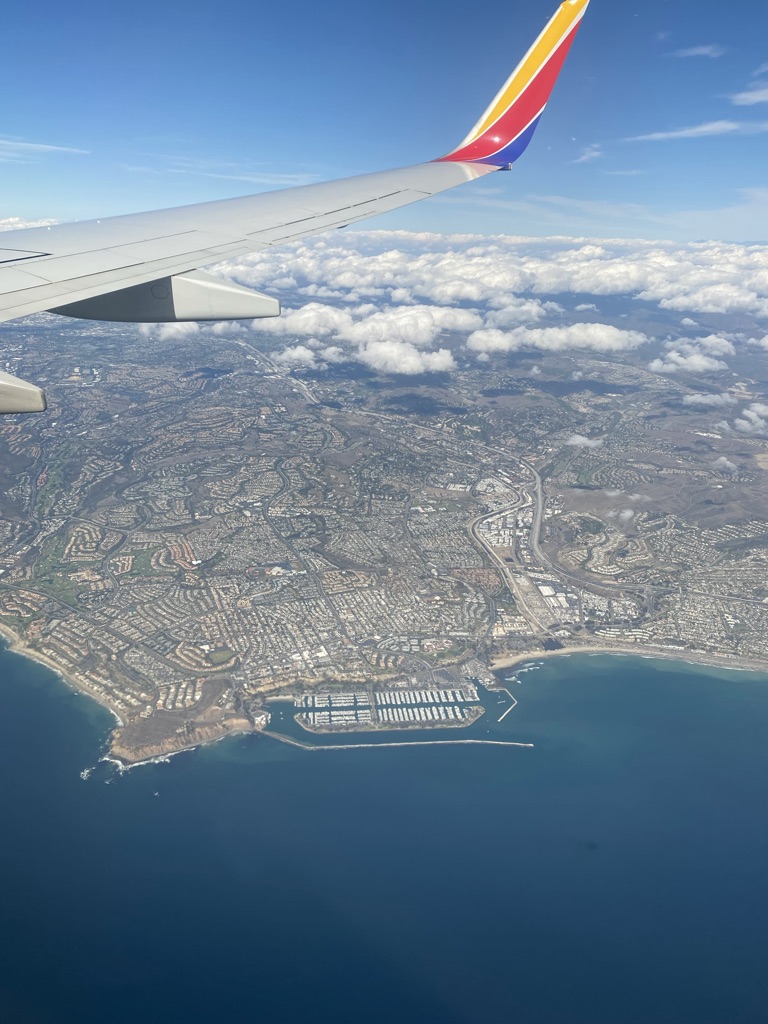
✈️ How to pack food properly?
Some people decide to pack food for their trips. Although a practical thing to do, and it can help you save money, you need to make wise choices to stay healthy. Here’s how and what to pack:
- Pack a healthy snack bag with non-perishable items such as raw nuts, seeds such as pumpkin and sunflower, unsweetened dry fruit, raw trail mix, celery and carrot sticks, and instant oatmeal (regular, without added sugar)
- Avoid packing foods that are fried and breaded
- Instead of packing store-bought fruit juices, which contain a lot of sugar, the best thing to do is to stick to water to stay hydrated.
When packing food for travel, you should make sure it will supply your body with vitamins and minerals that will keep you healthy. Avoid overly salty or sugary snacks. Instead, you should pack foods that are delicious as well as healthy. For international travels, it’s useful to check what you can or can’t take on the plane or into a specific country.
Non-perishable foods are beneficial because they won’t go bad quickly. That way, you can reduce risks such as digestive issues when traveling.
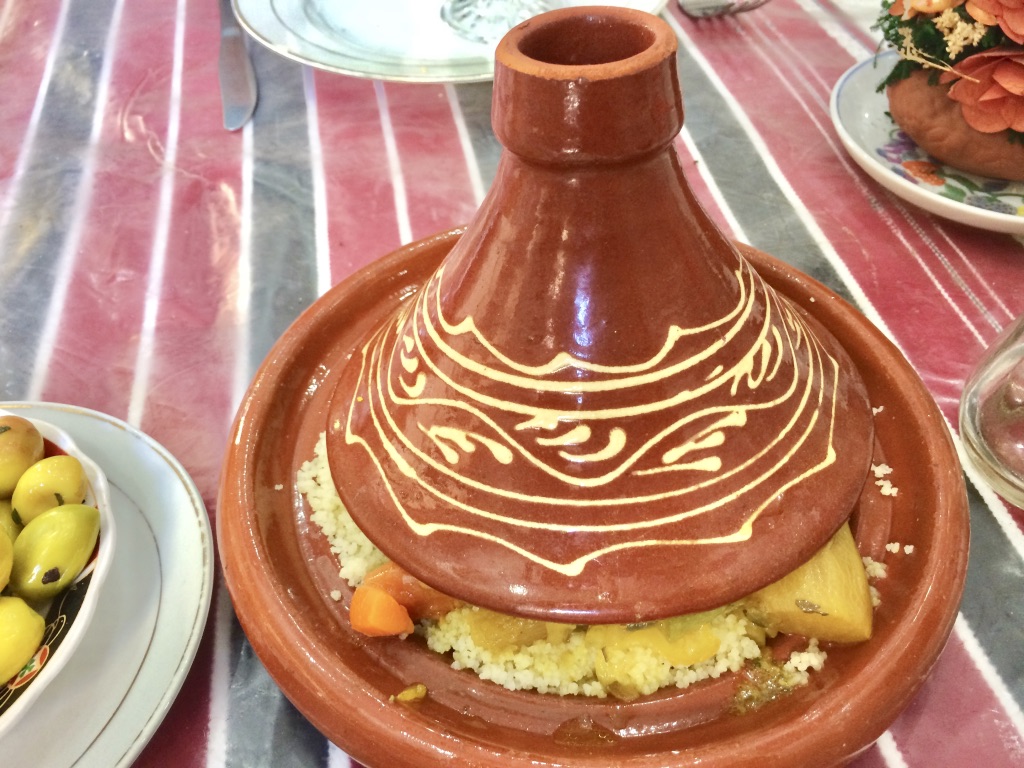
✈️ Buying and/or cooking food while traveling
If your travel plans involve a longer stay at private properties like Airbnb, you may want to buy and prepare food yourself. Of course, that’s unless you specifically want to eat restaurant or street food every day.
When it comes to buying or cooking food while traveling, learn as much as possible about local foods and ingredients. Focus on the benefits they offer and opt for cooking, baking, or roasting. That is the best way to preserve the nutrients your food offers.
When abroad, try to experiment with different ingredients, especially with local fruits and vegetables. Just make sure you wash them thoroughly immediately after you return from a market or grocery store.
If you’re spending time in a non-English-speaking area, translate all groceries you need to the local language. Do a little research to find reliable grocery shops, especially those trusted by expats and other foreigners. Always check the date to avoid purchasing foods that may cause digestive problems.
In order to reduce the risk of consuming contaminated produce, you may want to buy it in grocery stores rather than markets.
When cooking at your Airbnb, you may want to stick to simple recipes that require a few ingredients only. That way, you can reduce cooking time but also get a taste of delicious food abundant in vitamins.
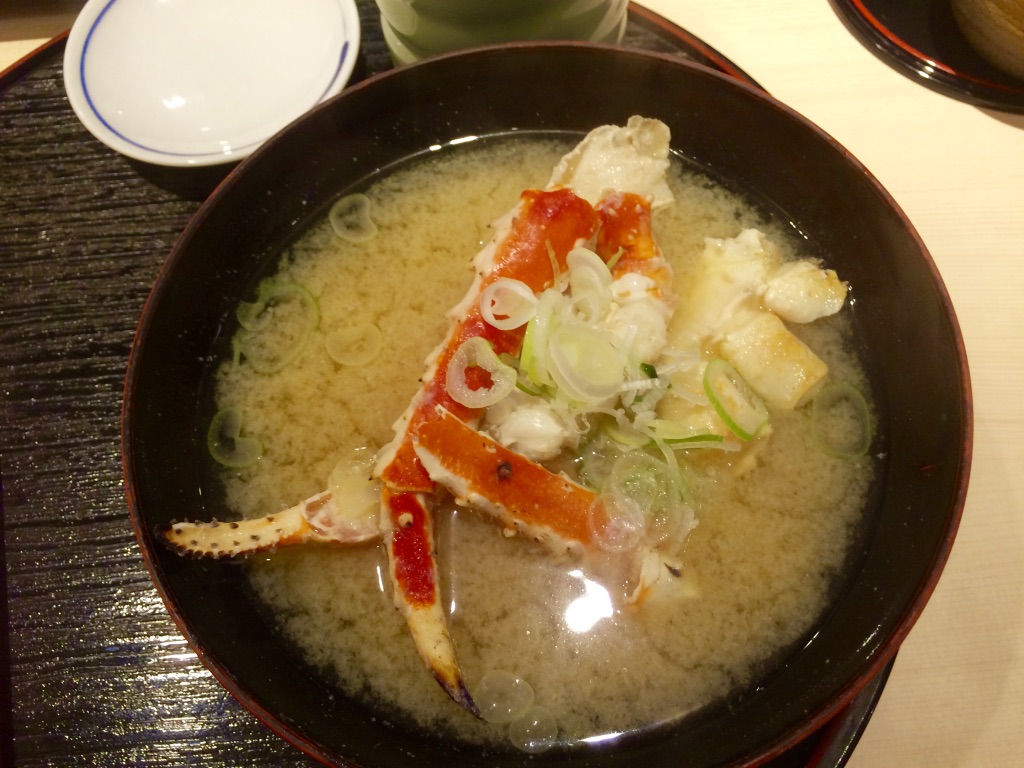
🍽 Eating in restaurants
Eating in restaurants is a major part of the traveling experience, regardless of the length of your stay or type of accommodation. Here are a few tips and tricks to stay healthy:
- Research – when planning your vacation, do a little research about restaurants in the specific location. Check what kind of food they offer and look for reviews. Focus on reviews about the quality of food and whether guests had a negative experience in terms of food poisoning. Compose a list of restaurants with good ratings and positive reviews. This will save you a lot of time since you won’t have to wander around.
- Learn the basic terms – when reading the menu, you want to know what every means. So, if the menu isn’t translated to English, you’ll find it tricky to understand anything (unless you use Google Translate). You should learn basic terms such as ingredients and cooking methods. Avoid unhealthy cooking methods, even if you like ingredients.
- Look at portion sizes – order small portions rather than big ones even if they seem like a better deal. That way, you will avoid overeating.
- No salad dressing – while salads are healthy, salad dressings are laden in sodium and calories. You may want to order your salad without a dressing. If you’re worried about consuming contaminated produce, you can just opt not to eat salad when in a restaurant.
- Soup is always a good idea – because it’s good for your stomach, but also satiating. You won’t end up eating too many unhealthy foods that would make you feel nauseous.
- Avoid ice – in some countries in Asia and South America, for example, ice is unsafe unless it’s made from filtered water. To stay healthy and avoid food poisoning, you should order your drinks without ice. The same goes for water; buying a bottle of water is a lot safer to drink, brush your teeth, and wash produce.
- Avoid unsealed mayonnaise, cold meat platters, buffet foods – they are often prolific sources of bacteria. When you are abroad, cut down on any potential risk of food poisoning.
- Choose a restaurant where a lot of people eat – even if you are not a fan of the crowd, you should opt for a restaurant where you see a lot of people eating. That restaurant is a popular spot for a reason – food is safe. It also means the ingredients turnover often, so less likely to have expired or old food.
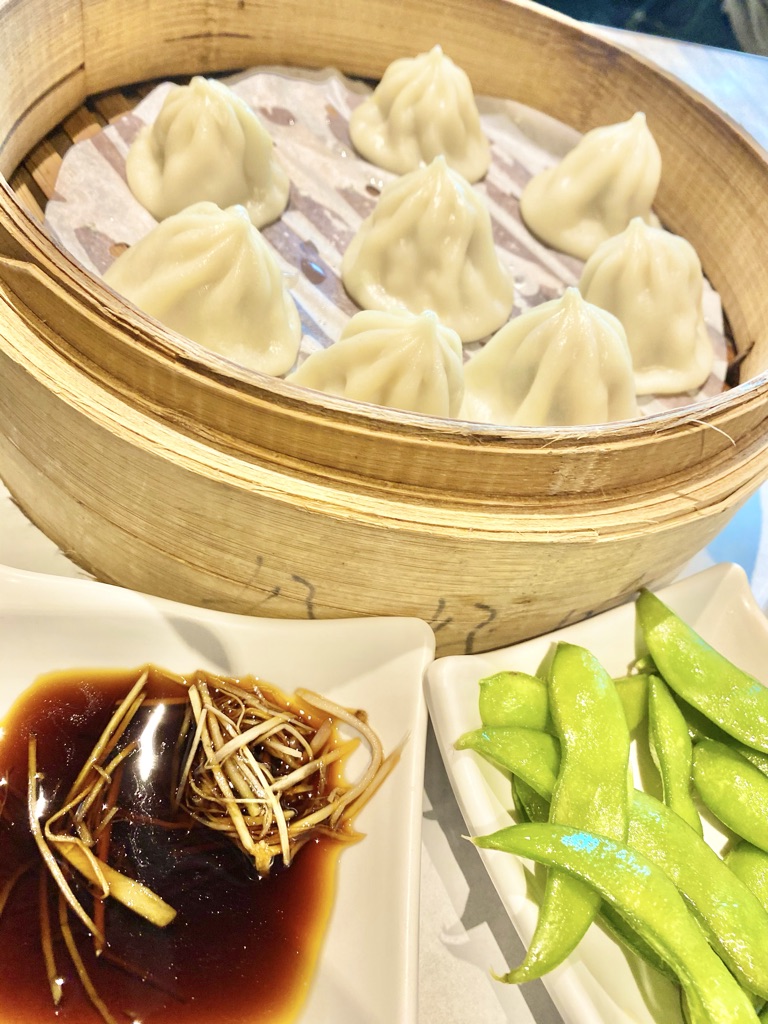
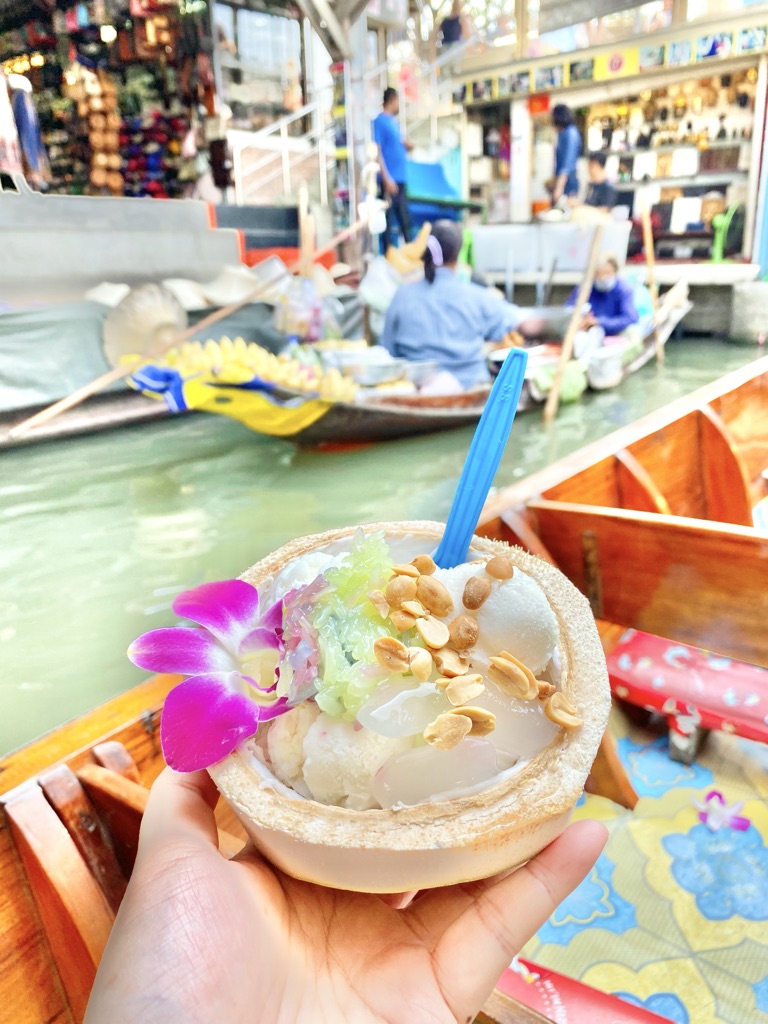
🍽 Street food
Most people think they need to avoid street food when traveling abroad. Street food is not off-limits, but you should be careful about the choices you make. The good thing about street food is that you can see vendors preparing it. Before you buy something to eat, you should observe the food cart. Is it clean and well-kept? Is it busy?
A clean and well-kept food cart indicates the vendor pays attention to hygiene, so you’re less likely to get food poisoning. Also, business is a good sign of food safety. Why? That means the food wasn’t out for too long. So, the risk of getting infected by bacteria is low. You can use the same rule when buying food for your Airbnb stay – if food such as meat has been out displayed for too long, do not buy it.
Buy food from street vendors who use paper to serve food, not plastic. Plastic serving containers are probably washed with local water. While it may not be contaminated, you don’t want to risk it.
Another thing to look out for is whether the same person is handling money and food, or two different people do that. Ideally, you should buy street food from vendors where two different persons handle food and money. After all, money goes from one hand to another, then another, so it can be a big source of bacteria. If it’s only one person, they should wear gloves when touching food and change them/take them off after touching money, or anything else that could contaminate the food.
Street food is incredibly versatile, and it shows just how amazing cuisine is in a certain country. But, to avoid getting sick, you may want to avoid raw food and condiments that are not stored properly. Choose cooked foods instead.
✈️ Other tips to know
Besides the above-mentioned recommendations and tips to stay healthy when traveling, you should also know the following:
- Ensure your food cooked properly (otherwise, you risk getting sick) and if not, request it to be!
- Expensive doesn’t always mean the place is safe; the price doesn’t have to play a major role in restaurant selection.
- Throw away food that has been out a room temperature for more than two hours.
- Buy fruits and vegetables you can peel, so you don’t have to wash them.
- If you drink coffee, take it without milk (it may be potentially contaminated), but cream from sealed containers is safe (just make sure it is pasteurized
- If you have food intolerances or insensitivities, you should analyze the menu thoroughly to make sure the meal you want to order doesn’t contain an ingredient that’s not good for you.
- Some health insurance covers a free phone consultation with a Travel Nurse who can advise of shots needed, health concerns, prescription strength anti-diarrhea medication to have handy, and even recommend bug spray, etc. based on the country you are planning to travel.
Final Thoughts…
The most common risks today during travel include COVID-19 infection and food poisoning due to contaminated food.
- Wearing a mask, using hand sanitizer and disinfectant wipes can reduce potential COVID-19 infection.
- Use these food safety tips to reduce potential food poisoning.
Many of these easy precautions will become habits that you don’t need to think about every moment. Balance being aware and cautious to stay healthy with being adventurous to enjoy the full travel experience. Bon voyage! ✈️
